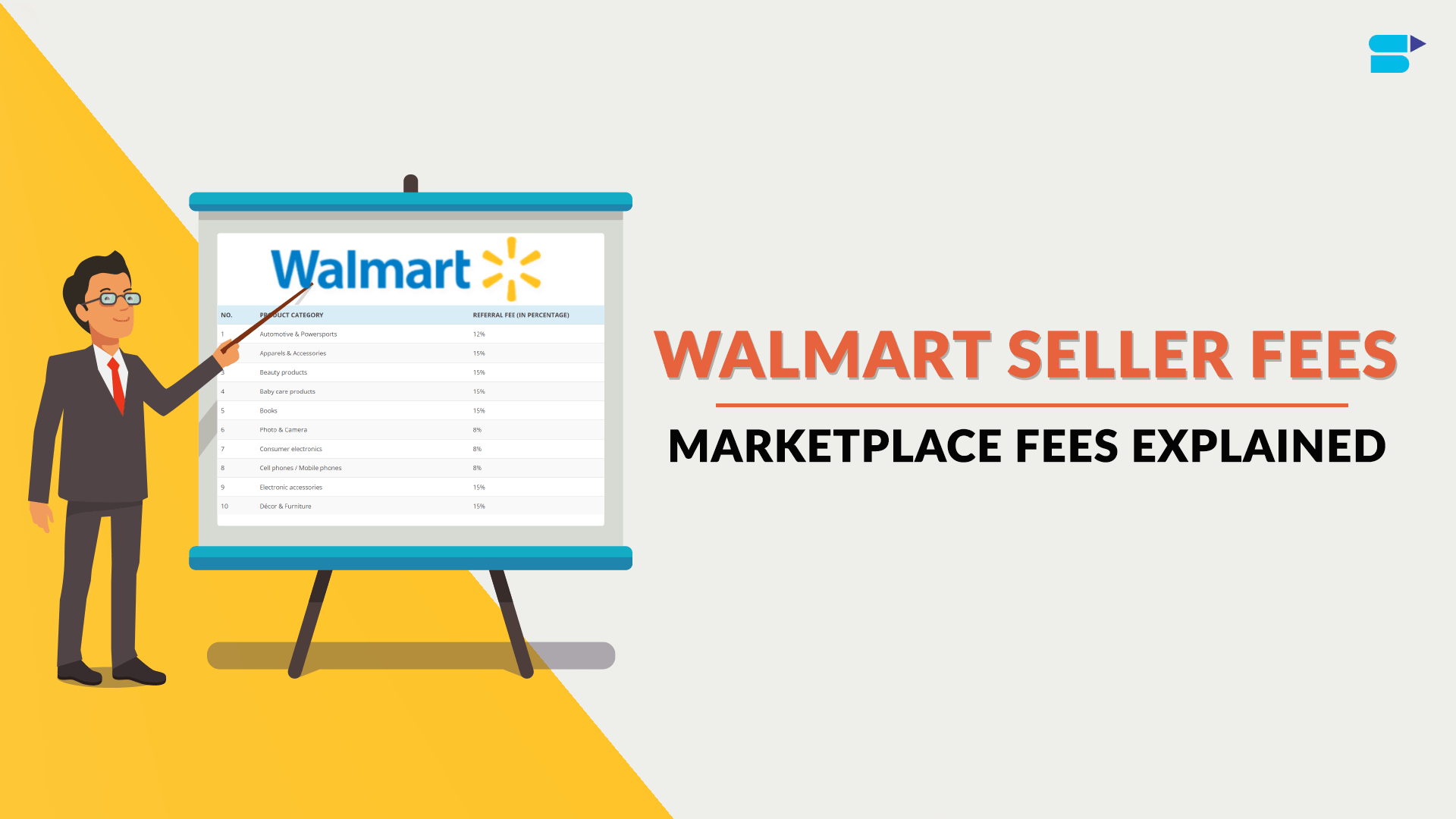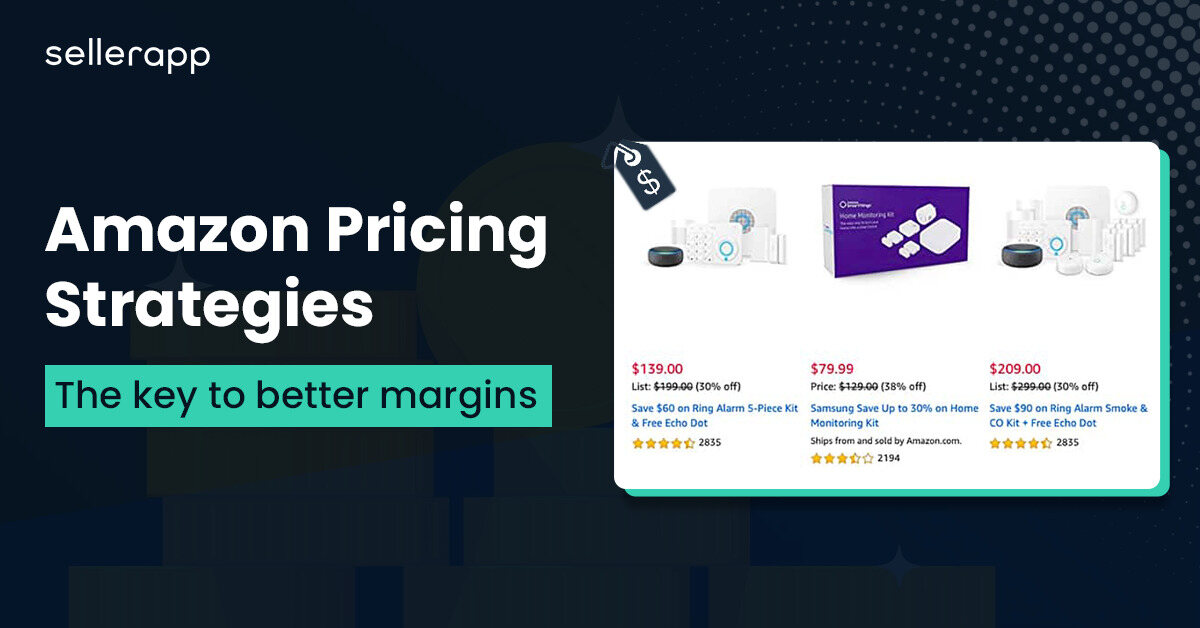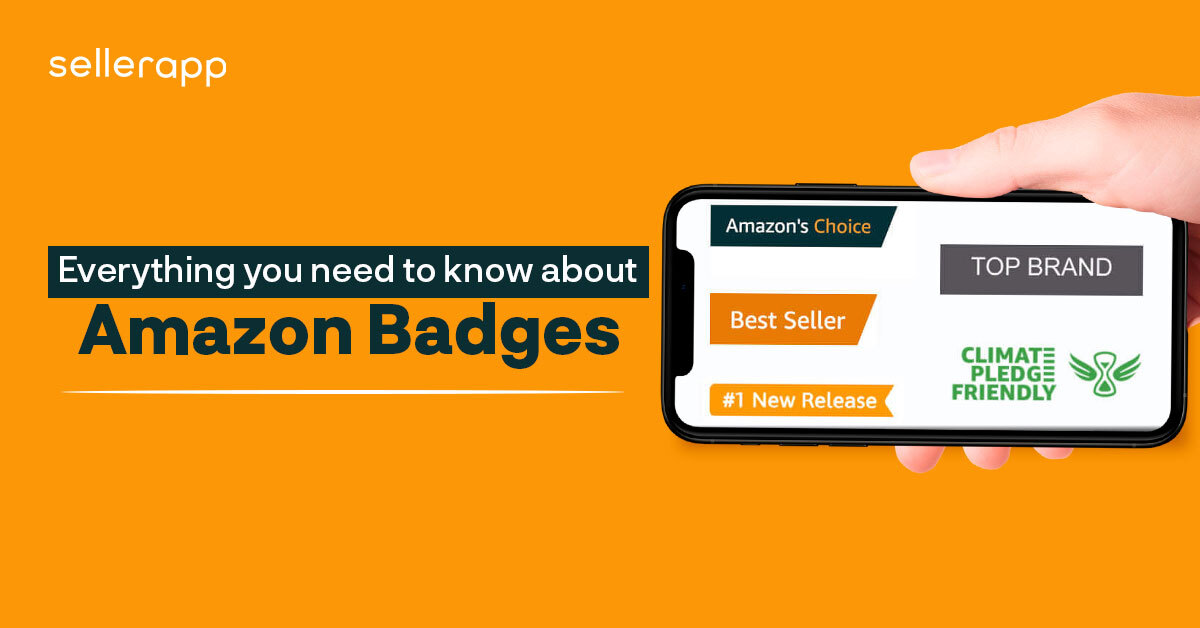What Are The Latest Ecommerce Trends In That You Can’t-Miss

After the pandemic, what’s the new normal? Where is e-commerce heading to in 2022?
Every year, people try to predict what lies ahead in the new year. The e-commerce industry isn’t an exception. As a company that helps e-commerce sellers and brands to succeed on the Amazon marketplace, we, at SellerApp, wanted to provide you with data-backed insights, e-commerce trends, and guidance that will help you scale your e-commerce business in 2022.
Let’s dive right in.
2022 is the year of transition for e-commerce.
2021 revolutionized the way e-commerce operates, and how brands run and scale their business. It also changed the way shoppers buy and search on the internet. In the US, e-commerce sales grew by over 30 percent in the first six months of 2020 (Source).
This growth is driven by unprecedented consumer demand, and it has been mostly captured by marketplaces like Amazon. In 2021, sellers made an approximated $295 billion worth of product sales on the Amazon marketplace.
E-commerce will continue to accelerate in ways, that would otherwise seem impossible during a pre-pandemic era.
A peek into the content:
- Digital-first mindset is the new normal
- Customers will shop on marketplaces rather than e-commerce stores
- Dynamic pricing by brands
- Fulfillment demands multiply
- Voice commerce will expand
- Video ads on social platforms
- Cost to acquire new customers surges
- AR VR
- Automation
What you should do in 2022
- Focus on your ideal customer journey
- Earn your customer loyalty
- Segment your customers by value
1. Digital-first mindset is the new normal
While e-commerce is expanding rapidly, so has the competition. Marketers who lead innovation in advertising will reap higher rewards. They need to be able to experiment with beta versions on the platforms and get creative with content to reap maximum benefits.
Companies were increasingly investing in digital content and advertising before the pandemic. However, COVID-19 has really accelerated the entire process.
What sellers should do:
Retailers who didn’t adapt their business models to adjust to the pandemic and who couldn’t make the most of online advertising either went out of business or incurred losses.
Therefore, for brands, e-commerce will definitely become a priority and they will ace the race with digital content.
More info: How to Sell Digital Products on Amazon
2. Customers will shop on marketplaces rather than e-commerce stores
Consumer behavior in 2022 will continue to favor convenience. When the demand spikes, most of the e-commerce stores find it difficult to sustain due to the lack of backend infrastructure. On the other hand, marketplaces like Amazon, Etsy, and Walmart have the experience and infrastructure to address changing demand.
Recommended read: 13 Best SEO Tips for Etsy Sellers
Omnichannel selling:
The best thing to do is diversify your products and services. Diversify your brand by listing your products on different marketplaces. Think of it as another channel. Omnichannel is going to be the new normal. This can potentially disrupt because the capabilities offered by the marketplaces could be cheaper and better.
In the digital world, growing your own digital footprint is essential. However, the most important thing is customer convenience.
So if you are a seller just starting out, or a brand with low online exposure, you need to take advantage of your industry’s top marketplaces. Also, do not heavily rely on the marketplaces as you don’t have much control over your customer data. This sometimes can hinder your brand growth.
3. Dynamic pricing by brands
Dynamic pricing can be an important marketing aspect in the e-commerce era. This offers flexibility to vendors in order to be more aware of current market requirements, competition, and customer behavior. This, in turn, will improve the conversion rates.
4. Fulfillment demands multiply
Flexible fulfillment and delivery will attract new customers and make loyal ones. Affordable international shipping (especially in regions including North America and Europe) and immediate local deliveries will open up online shoppers’ wallets.
Today, more than 75% of consumers want brands to use sustainable packaging. With different fulfillment demands soaring, brands must definitely consider fulfillment as a strategic asset of their business. Create a fulfillment service that is smart, quick, sustainable, automated, and closer to your customers.
5. Voice commerce will expand
Advertisers must follow consumers. Voice shopping is expected to reach $40 billion in 2022 from $2 billion in 2018 (Source). This implies the new channel will be a disruptive force in the retail e-commerce space.
Most of the voice activity today is carried out through mobiles. So retailers must develop ‘skills’ to adapt to voice shopping and improve connected applications that help reach the target customers.
6. Video ads on social platforms
Video ads are the perfect channel to capture the interest of a curious young audience, especially Gen Z. Social media consumption isn’t going to slow down in 2022. Digital and video ads on social platforms like Facebook, Tik Tok, and Instagram will accelerate shoppers’ buying decisions.
Brands have already started to gain value from social media ads and stories on Instagram and Snapchat.
Recommended read: Amazon Advertising data, trends, and predictions 2022
7. Cost to acquire new customers surges
Paid search and paid social media advertising surged in late 2020. Therefore, the customer acquisition costs have increased lately. This trend is growing across several online marketplaces.
To combat these rising costs, brands are suggested to experiment with new channels, voice-powered shopping trends, etc. Besides, essential customer aspects such as retention, offering incentives, and rewards should be prioritized.
8. AR VR
Augmented reality and virtual reality are other areas that is rising in recent times. This technology helps brands increase their conversions. However, there is a lot of speculation on how AR VR will benefit retailers. So let’s see how digital leaders will make the best use of this trend in 2022.
9. Automation
Automation needs no introduction. Imagine you’re putting together a team to ace your marketing strategy. You will need to manage campaigns and SEO, check cart abandonments, and maintain high ROI. You will also need a workforce and systems to manage customer relations. That sounds like a lot of effort and money, right? However, automation makes your life easy.
Organizations use automation to drive operational efficiency and automate business processes. Along with that, these are a few things you can automate in your e-commerce business.
- Send real-time sales alerts to your customers
- Track visitors
- Automating campaigns and bid optimization
- Reduce human error with automation
- Set competitor alerts
- Carry out mundane tasks seamlessly to avoid a pile-up
Start asking the right questions to find the right automation software.
What you should do in 2022
In 2022, brands and advertisers should be wary of advertising uncertainty. Here are a few things that you can do to stay ahead in the competition.
Focus on your ideal customer journey
The main goal of a business is to increase the lifetime value of the customer. Start by identifying your ideal kind of customer. Most of the time, marketers make the mistake of picking the customer who finds the most value in your product or service. However, you need to pick the customer who allows you to reach your business goals. They are your most valuable customers. Focus on their customer journey and identify their conversion paths. This will allow you to accelerate their purchases and find opportunities to upsell, cross-sell, etc.
Earn your customer loyalty
Here are a few things that you can do to increase your customer loyalty.
- Launch activities and programs to earn your customers’ loyalty.
- Inject urgency with limited-time discount codes, points, etc. Even a countdown clock timer showing when the offer expires would work.
- Offer exclusivity and early access to loyal customers.
- You can also turn brand loyalists into a sales force by using referral programs.
Segment your customers by value
To improve customer lifetime value, you need to segment them based on their needs, purchases, product features they choose, etc. Based on their customer journey, find prospects that add value to your business.
Final thoughts
There you have it! We hope that these e-commerce trends we explored will give you some direction into what to expect in 2022.
2020 was a year that no one could forget, at least for the e-commerce space. Let’s hope that the new normal would be better and more positive for everyone out there.
Let us know which e-commerce trend will you be taking advantage of in the comments section below.
Happy selling!
Additional Read:
How Voice Search Will Affect eCommerce SEO
SellerApp Recognized to Deliver Great User Experience for eCommerce Software
How fashion eCommerce retailers can reduce online returns











Alan
May 22, 2021Thanks for this informative article.
Arishekar N
August 12, 2022Thank you.
Willie
May 23, 2021Well-written and informative blog.
Arishekar N
August 12, 2022Thank you.
Towels
July 4, 2021Thanks for sharing.
Awesome post.
Arishekar N
August 12, 2022Thank you.